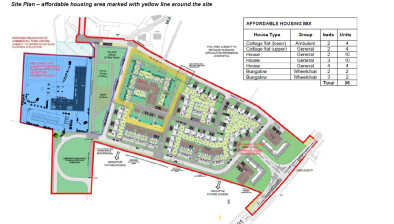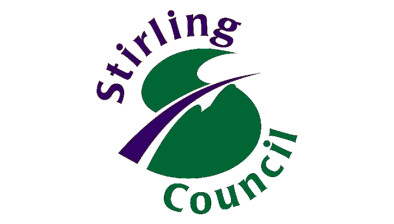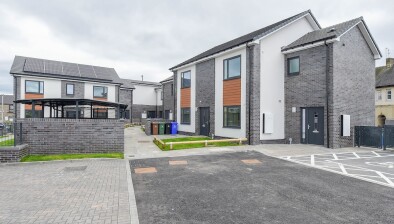Consultation launched on Stirling housing allocation policy

Stirling Council is seeking views on a new policy that aims to reduce the number of times homeless households can reject a council property and increase allocation points for some of those looking for a home.
The local authority is conducting a scheduled review of its Housing Allocation Policy, with locals invited to have their say on potential changes that may affect them.
It sets out how the council prioritise people for homes that become available to let and decide who it offers these to.
Stirling Tenants Assembly has contributed to the review for the policy, which the council says will ensure it meets its duty to provide support to homeless households and prevent homelessness where possible.
A council spokesperson said: “As the Scottish Housing Regulator has recently identified Stirling as being an area where there is a heightened risk of systemic failure in the delivery of services to people experiencing homelessness, our proposed changes focus on preventing homelessness and trying to house homeless households as quickly as possible.”
One change would reduce the number of ‘reasonable offers’ given to homeless households and people in the strategic housing group from two to one.
Documents explain: “A reasonable offer is an offer in an area chosen by an applicant, has enough bedrooms to house all members of the household in line with our occupancy standard, and meets any medical requirements the household has.
“In 2023/24, the homeless group had the highest level of refusal rates of all allocation groups with 42.1 per cent of offers being refused. The reasons given for refusals show that the vast majority of refusals were of reasonable offers of housing.
“The high homeless refusal rate has an impact on the length of time households are homeless, increases the time people spend in temporary accommodation, makes it more likely that Stirling Council will breach the Homeless persons (Unsuitable Accommodation) Scotland) Order and reduces the number of homeless households local housing associations are able to rehome each year.
“In 2023/24, 169 properties were let to people on the homeless allocation group. The majority of households (102 or 60 per cent) accepted their first offer of housing; 67 households (40 per cent) refused their first reasonable offer of housing and accepted their second reasonable offer. The cumulative time between the first offer being made in these cases and the household being rehoused is 11,227 days. This equates to an extra 168 days homeless on average per household.
“In addition, for families with children in the household, the average time between the first offer of housing being made and a household being housed was higher at 224 days on average (4,925 cumulative days and affecting 22 households and 42 children). Also in 2023/24, six nominations of homeless households to housing associations were lost after they were refused. Although a small number, it is over 10 per cent of the total number of nominations made by local associations who have historically had lower turnover rates than Stirling Council, and own a minority of social homes in Stirling.
“Although this change ultimately wasn’t made during the last policy review in 2022, we did consult reducing the number of reasonable offers made to homeless households.
“At that time, 58 per cent of respondents agreed that homeless households should be made one offer of housing, with 30 per cent disagreeing and 12 per cent not being sure.
“To ensure that we’re treating people fairly and equally, we would also propose that people on the strategic housing group who are guaranteed an offer of housing, also be required to choose one allocation homeless grouping area and only be made one reasonable offer of housing. This would ensure that people are rehoused quickly when they have a severe level of housing need and also mean they can’t be unreasonably restrictive in their choices.”
Other changes include increasing the number of points awarded to people with insecurity of tenure points such as those in the private sector who have been served a notice to leave, people given a demolition or closure order on their property, or those unable to remain in their home due to a relationship breakdown.
More points would also be allocated to people with no fixed address, people living with friends and relatives who don’t have access to a bedroom and those who do, plus people living in a houseboat or rented caravan.
Another proposal would see the number of points awarded for households overcrowded by three or more bedrooms increase from 200 points to 400. This is also intended to tackle severe overcrowding where there is the potential for families to present as homeless.
The final change would remove three allocation areas (in specified areas of St Ninians and Raploch) where there are low levels of stock and a number of close-by allocation areas.








